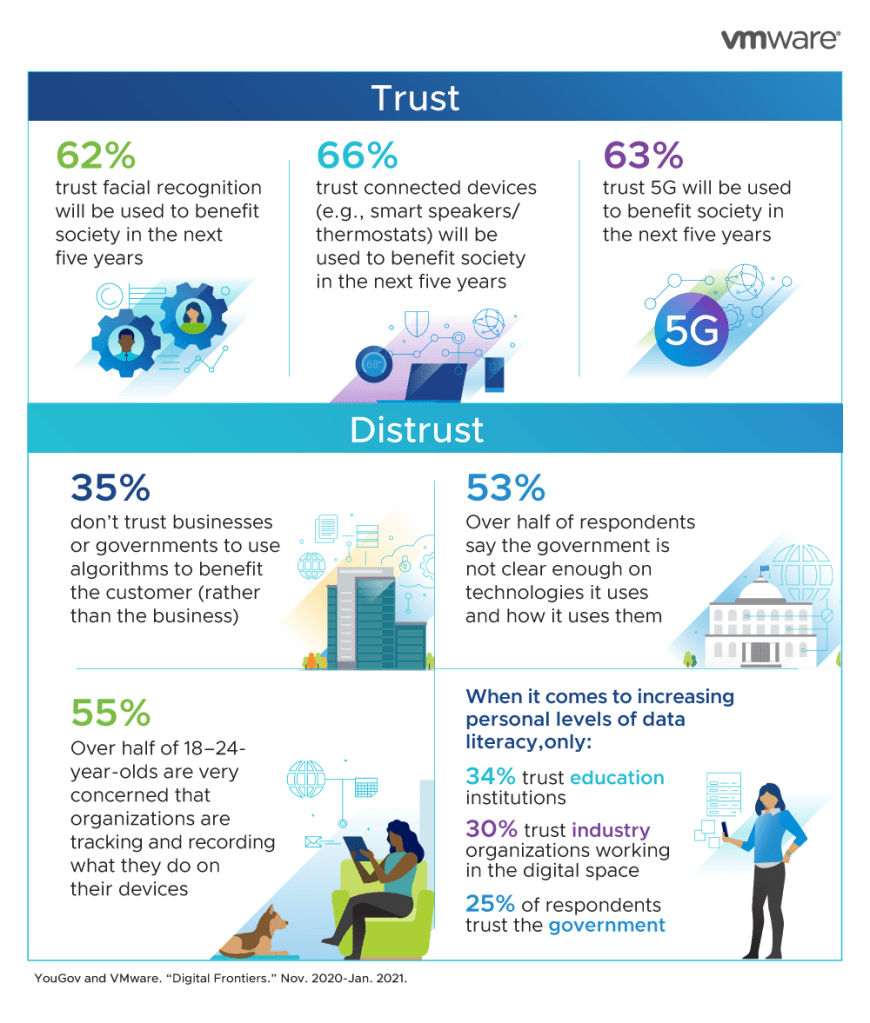"Unlocking Financial Flexibility: A Comprehensive Guide to Commercial Loan Refinance"
Guide or Summary:Understanding Commercial Loan RefinanceWhy Consider Commercial Loan Refinance?The Refinancing ProcessPotential Challenges and Consideration……
Guide or Summary:
- Understanding Commercial Loan Refinance
- Why Consider Commercial Loan Refinance?
- The Refinancing Process
- Potential Challenges and Considerations
Understanding Commercial Loan Refinance
Commercial loan refinance refers to the process of replacing an existing commercial loan with a new one, typically to secure better terms, lower interest rates, or to access additional capital. This financial strategy is commonly pursued by business owners looking to improve their cash flow, reduce monthly payments, or consolidate debt. Refinancing can be a powerful tool for businesses aiming to enhance their financial health and operational efficiency.
Why Consider Commercial Loan Refinance?
There are several compelling reasons why a business might consider refinancing its commercial loan. One of the primary motivations is to take advantage of lower interest rates. Over time, market conditions can change, and rates may decrease, making it an opportune moment to refinance. By securing a lower interest rate, businesses can significantly reduce their overall borrowing costs.
Another reason for refinancing is to alter the loan terms. Businesses may wish to extend the loan term to reduce monthly payments, thereby freeing up cash for other operational needs. Conversely, some businesses might choose to shorten the loan term to pay off debt more quickly, despite higher monthly payments, to save on interest in the long run.

Additionally, refinancing can provide access to additional capital. If a business has built equity in its property or has seen an increase in revenue, it may be eligible to borrow more than its original loan amount. This extra capital can be used for expansion, renovations, or other investments that could drive growth.
The Refinancing Process
The process of refinancing a commercial loan typically involves several key steps. First, business owners should assess their current financial situation and determine their refinancing goals. This includes reviewing existing loan terms, interest rates, and any potential penalties for early repayment.
Next, it is crucial to shop around for lenders and compare offers. Different lenders may provide varying terms, rates, and fees, so it is essential to conduct thorough research. Business owners should also consider working with a mortgage broker who specializes in commercial loans to navigate the options available.
Once a suitable lender is found, the application process begins. This may involve submitting financial documents, tax returns, and other relevant information to demonstrate the business's financial health. The lender will then conduct an appraisal of the property and assess the business's creditworthiness.

After approval, the new loan will be issued, and the funds will be used to pay off the existing loan. It is important for business owners to carefully review the new loan agreement to understand all terms and conditions before finalizing the refinance.
Potential Challenges and Considerations
While refinancing can offer numerous benefits, it is not without its challenges. One potential drawback is the cost associated with refinancing, including closing costs, appraisal fees, and other related expenses. Businesses should calculate whether the long-term savings outweigh these upfront costs.
Additionally, not all businesses may qualify for refinancing. Lenders typically require a strong credit history, stable cash flow, and sufficient property value. Businesses facing financial difficulties may find it challenging to secure favorable refinancing terms.
Lastly, it is essential for business owners to consider the long-term implications of refinancing. While lower monthly payments can provide immediate relief, extending the loan term may result in paying more interest over time.

In conclusion, commercial loan refinance can be an effective strategy for businesses seeking to improve their financial position. By understanding the benefits, process, and potential challenges, business owners can make informed decisions that align with their long-term goals. Whether seeking lower interest rates, better loan terms, or additional capital, refinancing can unlock new opportunities for growth and stability in the ever-evolving business landscape.